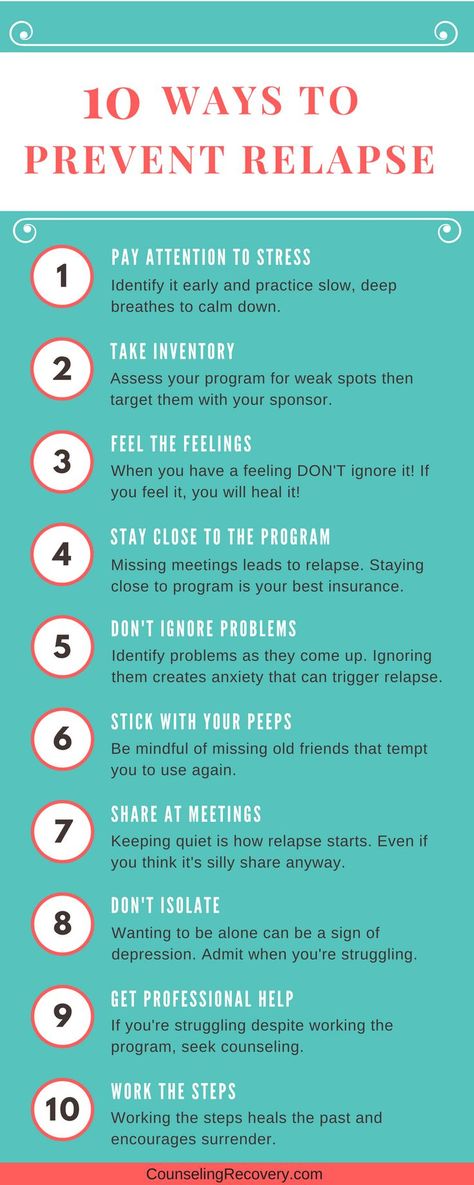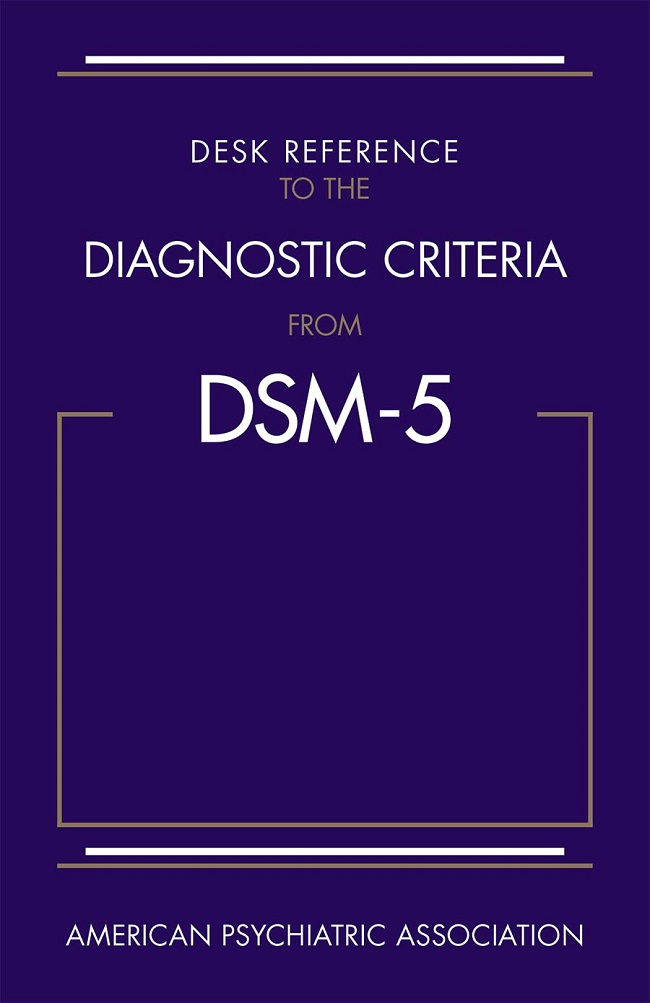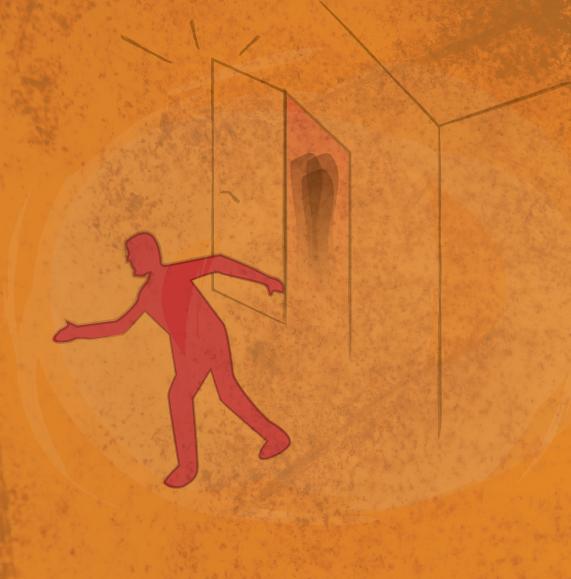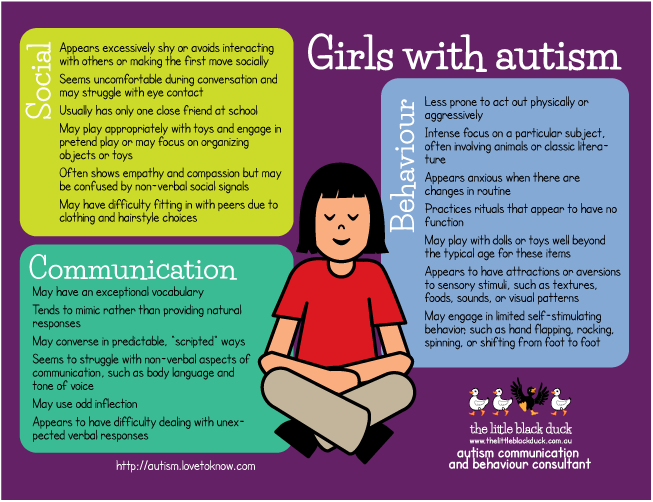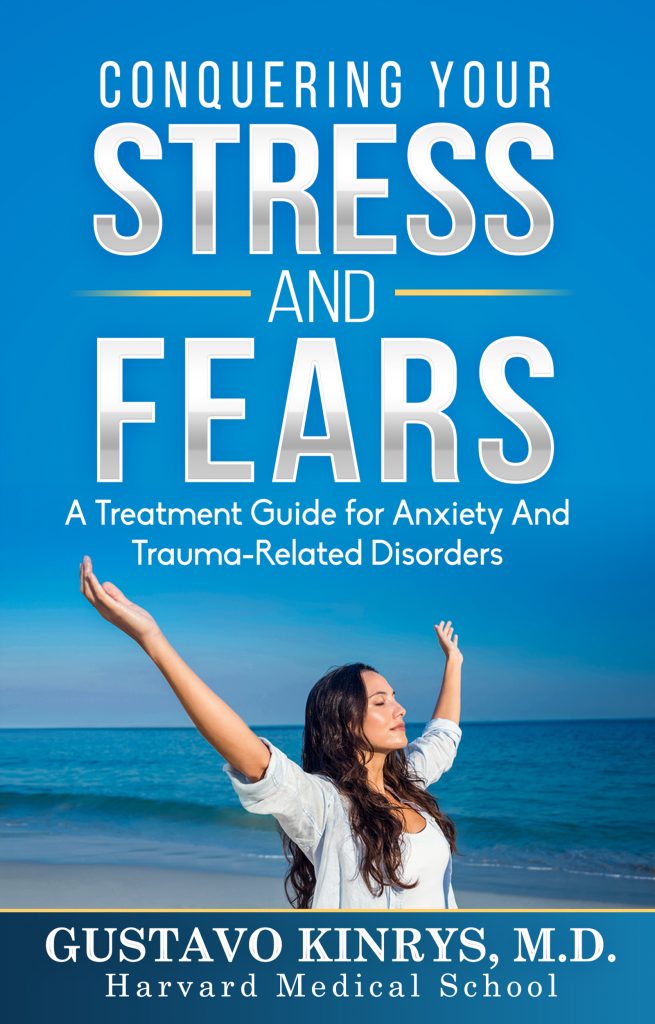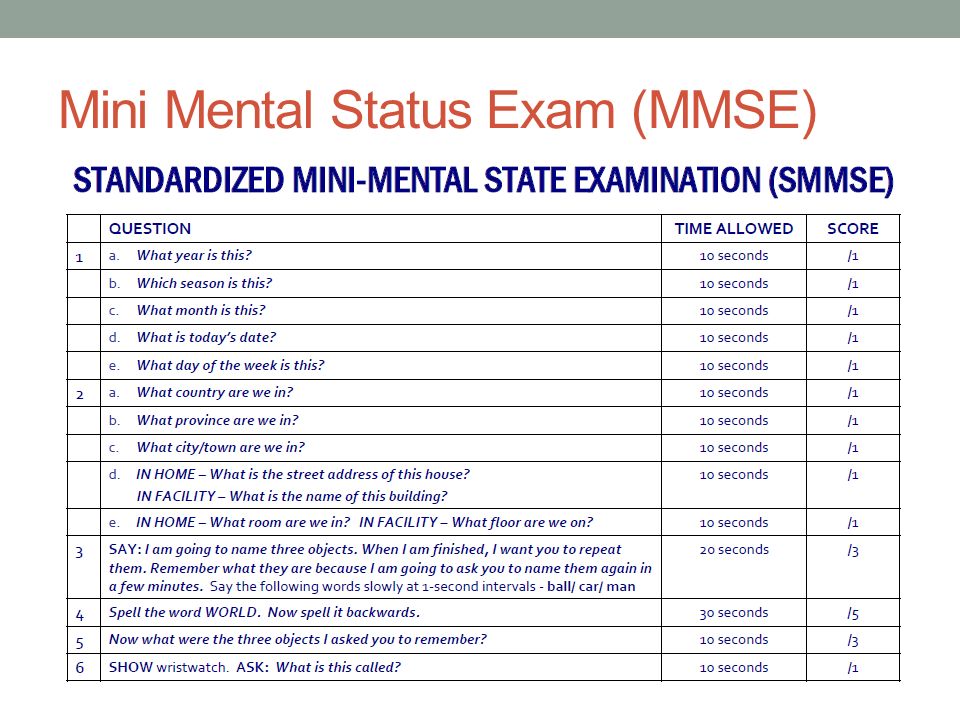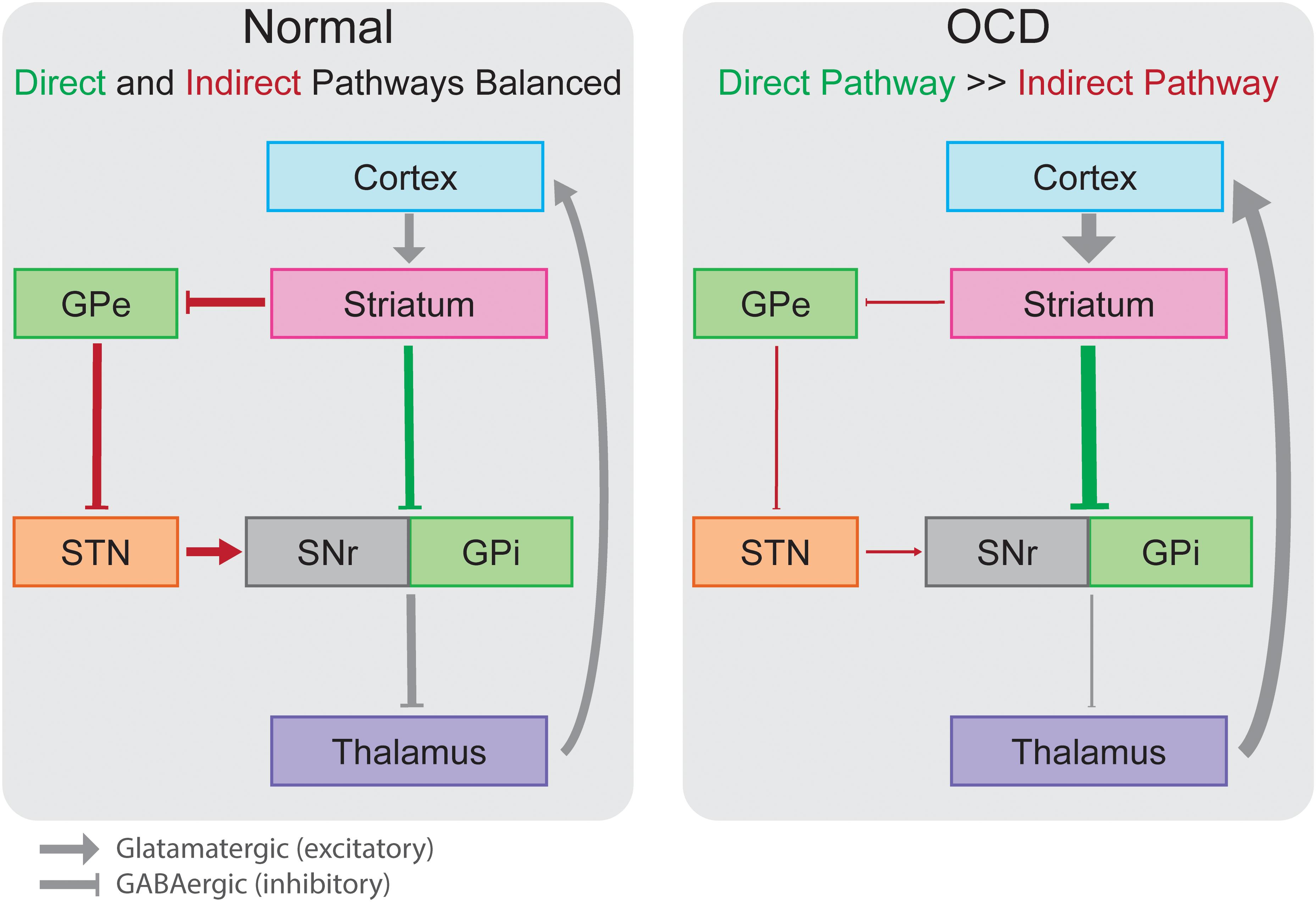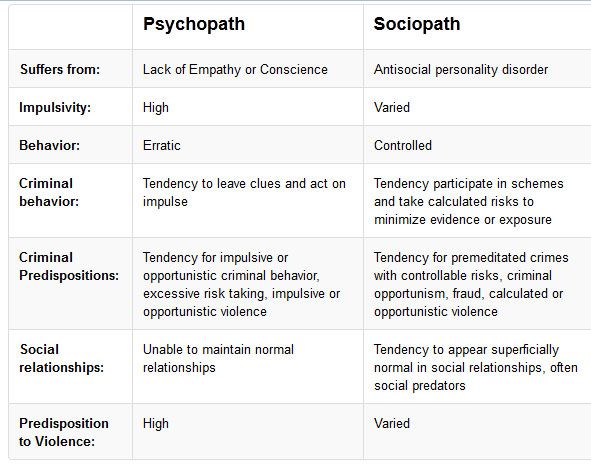What to do when you feel anxiety coming on
12 Ways to Calm Anxiety Naturally
I wasn’t always an anxious person, but after a depression diagnosis six years ago, I was quickly overwhelmed with symptoms that became hard to ignore.
As if depression wasn’t enough, my doctor diagnosed me with generalized anxiety disorder. Soon, it seeped into every aspect of my life, making it impossible to function normally.
I lived in fear of having to talk to strangers. I started to experience anxiety attacks, a racing heart, and feelings of nausea so intense that I avoided socializing in public places like bars and restaurants. For an entire year, I was unable to work at all.
When I decided to try working again, I took on a part-time role with zero responsibility and as little stress as possible to accommodate my anxiety disorder.
It took years of medication, therapy, and finding new healthy habits, but I can now say that I’m symptom-free almost every day.
Now I run my own freelance writing business. After being so afraid of public spaces, I now have the confidence to network with complete strangers, interview others live on the internet, and share my own personal video content on a daily basis.
I regularly speak on podcasts and Instagram Live broadcasts, and attend events in places I’ve never been before because I’ve finally got my anxiety under control.
Being held back for so long has made me even more determined to test my boundaries and reach my goals in spite of my anxiety.
It wasn’t easy, but by working with my doctor and learning some tricks, I’ve been able to manage my anxiety. I still have feelings of anxiety, and I doubt they’ll ever leave me permanently — I’ve just honed my skills and learned how to react more positively.
Here are my tips for taking action when anxiety strikes.
1. Avoid caffeine
Caffeine is well-known as an anxiety inducer. But for me, drinking coffee has become such a habit that I often forget how sensitive I am to it.
When I’m feeling anxious or I’m anticipating those feelings — like before I use public transportation — I always make a conscious decision to stop drinking caffeine. This goes for caffeinated soft drinks too.
2. Avoid alcohol
Feelings of anxiety can be so overwhelming that you might feel the urge to have a cocktail to help you relax.
Although this may work in the short term, alcohol actually changes the levels of serotonin and other neurotransmitters in the brain, making your symptoms worse. In fact, you may feel more anxious after the alcohol wears off.
3. Write it out
One of the worst aspects of anxiety is not knowing why you feel nervous in the first place. You could be lying on an idyllic beach with the ocean waves lapping in the distance and still feel worried for absolutely no reason.
That’s when writing can help. It can be an effective way to explore how you feel, especially if talking out loud feels impossible.
Studies show that keeping a journal is actually a healthy way to deal with negative feelings and can help reduce stress.
Another study found that anxious test participants who wrote a few notes before the test about how they were feeling and what they were thinking performed better than those who didn’t.
4. Use fragrance
Lavender is well known for its calming properties. Keep a small bottle of lavender oil on hand for the scent, for when you feel anxious thoughts brewing.
If you practice mindfulness or meditation, try smelling lavender during your practice. Over time, you’ll associate the feeling of relaxation with that scent, making it even more effective.
Shop for lavender oil.
5. Talk to someone who gets it
If your feelings of anxiety are making it hard to function, you should speak to a health professional. But talking to friends can also help. I have friends who have an anxiety disorder too. When I’m feeling really bad, I send them a message telling them how I’m feeling.
They might have a new hack I can try, or they can point out something that might have acted as a trigger. But sometimes it’s just nice to vent to someone who knows how it feels to be in my shoes.
6. Find a mantra
I use positive affirmations every day to help manage my mood. I also have a different mantra that I repeat to myself when I’m feeling anxious.
I also have a different mantra that I repeat to myself when I’m feeling anxious.
I’ll tell myself, “This feeling is only temporary.” This helps me feel calm, especially if I’m on the verge of a panic attack. I also remind myself that I’ve survived panic attacks in the past and acknowledge that it’s all going to be okay as long as I’m patient with myself.
7. Walk it off
Sometimes, when you’re experiencing anxiety, it’s because of a buildup of adrenaline. Exercise — even if it’s just a walk — can help use up that extra adrenaline.
I often feel anxious when I haven’t moved around enough during the day, so walking is an excellent way for me to use up excess energy.
Walking outside in the fresh air can also improve your well-being. One study found that people who took a walking trip in a wooded area had lowered production of stress hormones than when they remained in the city.
8. Drink water
You may not realize it, but not drinking enough water can make your anxiety symptoms worse.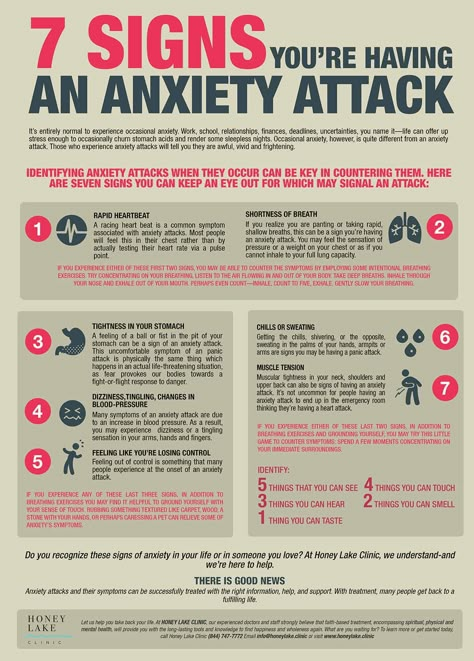 Dehydration can actually cause heart palpitations. This can lead to feelings of panic, which may trigger an anxiety attack.
Dehydration can actually cause heart palpitations. This can lead to feelings of panic, which may trigger an anxiety attack.
Take a few moments to relax and drink a large glass of water and see if you feel any better.
9. Have some alone time
Having alone time is essential for me, and it helps me recharge my batteries and relax. If you’re feeling anxious, then find a reason to be alone. You could take a walk to the shop for some groceries, go to the gym, or clean the bathroom.
These are all clever little ways to find alone time without seeming rude. It’s also an opportunity to practice mindfulness, which can reduce symptoms of anxiety and panic.
10. Turn off your phone
Being constantly plugged in is a modern-day curse that we all need to learn to live with.
Don’t be afraid to turn off your phone once in a while. Use it as a chance to practice mindfulness, go for a bath, or write down why you’re feeling anxious.
11. Have a bath
Do you find that your anxious thoughts are taking a toll on you both physically and mentally? This is common, and it can be a vicious cycle, making it hard to relax if your body is tense.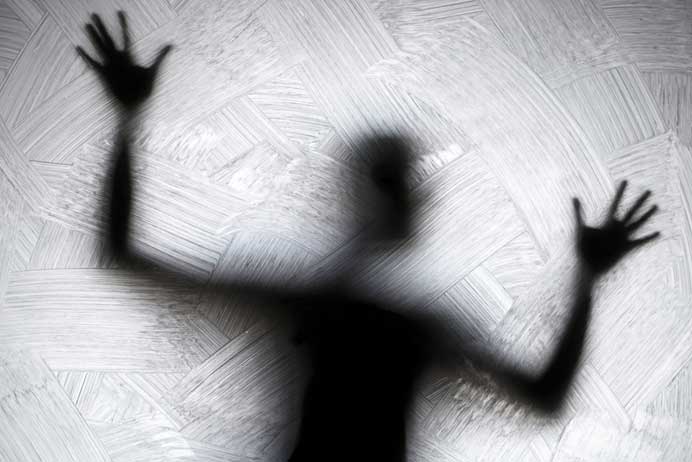
A hot bath with Epsom salts is great for relaxing your muscles, which can also help relax your mind.
Shop for Epsom salts.
I find a bath is also good for encouraging meditation, because external distractions like TV are gone.
12. Eat something
I can get so wrapped up in my day at work that I forget to eat anything until two in the afternoon. It’s an easy mistake to make, and I often only remember to eat because I start to experience feelings of fear or worry.
Low blood sugar can make you feel nervous, irritable, and anxious. Try eating something easy to digest like a banana. Then follow it up with a well-balanced meal with protein, carbohydrates, and vegetables.
Controlling anxiety takes time
There’s no quick fix for anxiety, and it may often feel like an uphill struggle. But by gaining awareness of what causes your symptoms, and getting help from your doctor, you can manage your symptoms.
You may find some of these hacks work for you straight away and others may have no effect at all, but the important thing is to keep trying.
Giving in to feelings of anxiety by retreating from the world only served to make my life more difficult in the long run. Continuing to search for solutions that work for me has been key to my recovery. Practice makes perfect, so don’t stop trying to find ways that work for you.
Fiona Thomas is a lifestyle and mental health writer who lives with depression and anxiety. Visit her website or connect with her on Twitter.
SAMHSA’s National Helpline | SAMHSA
Your browser is not supported
Switch to Chrome, Edge, Firefox or Safari
Main page content
-
SAMHSA’s National Helpline is a free, confidential, 24/7, 365-day-a-year treatment referral and information service (in English and Spanish) for individuals and families facing mental and/or substance use disorders.
Also visit the online treatment locator.
SAMHSA’s National Helpline, 1-800-662-HELP (4357) (also known as the Treatment Referral Routing Service), or TTY: 1-800-487-4889 is a confidential, free, 24-hour-a-day, 365-day-a-year, information service, in English and Spanish, for individuals and family members facing mental and/or substance use disorders.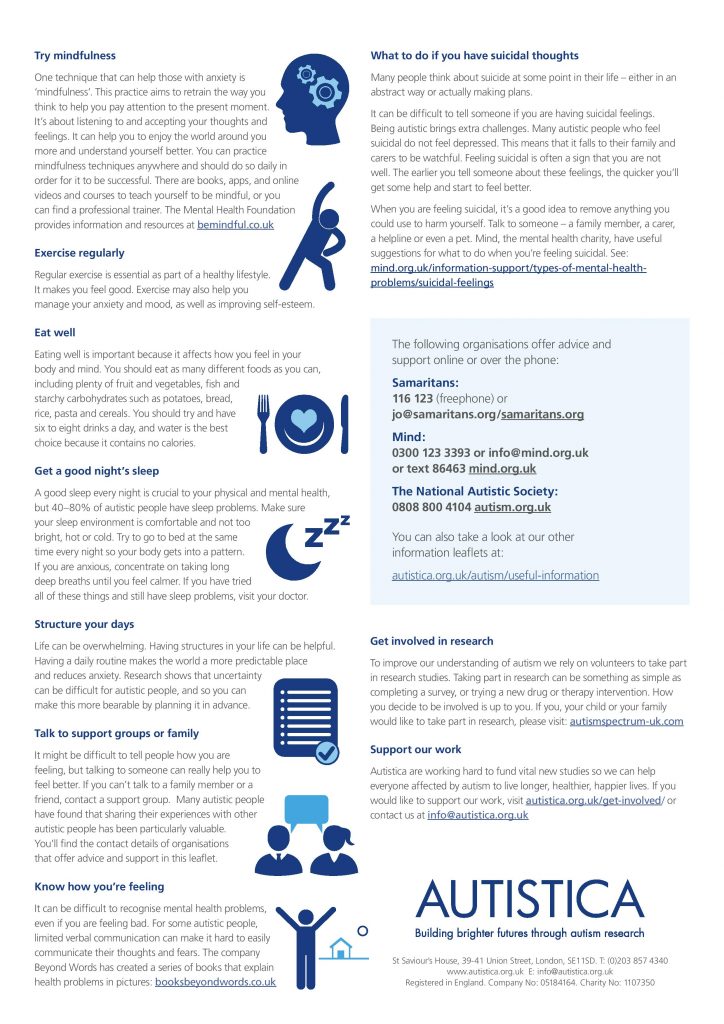 This service provides referrals to local treatment facilities, support groups, and community-based organizations.
This service provides referrals to local treatment facilities, support groups, and community-based organizations.
Also visit the online treatment locator, or send your zip code via text message: 435748 (HELP4U) to find help near you. Read more about the HELP4U text messaging service.
The service is open 24/7, 365 days a year.
English and Spanish are available if you select the option to speak with a national representative. Currently, the 435748 (HELP4U) text messaging service is only available in English.
In 2020, the Helpline received 833,598 calls. This is a 27 percent increase from 2019, when the Helpline received a total of 656,953 calls for the year.
The referral service is free of charge. If you have no insurance or are underinsured, we will refer you to your state office, which is responsible for state-funded treatment programs. In addition, we can often refer you to facilities that charge on a sliding fee scale or accept Medicare or Medicaid.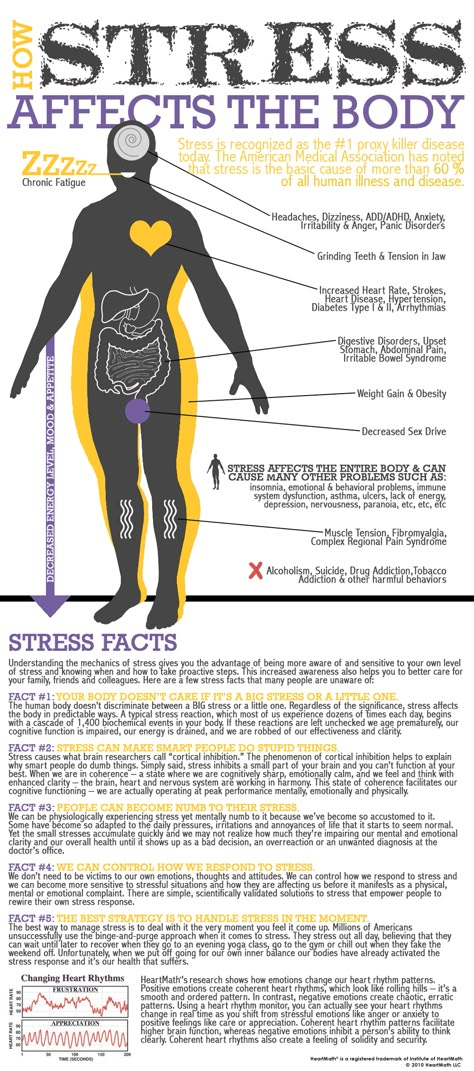 If you have health insurance, you are encouraged to contact your insurer for a list of participating health care providers and facilities.
If you have health insurance, you are encouraged to contact your insurer for a list of participating health care providers and facilities.
The service is confidential. We will not ask you for any personal information. We may ask for your zip code or other pertinent geographic information in order to track calls being routed to other offices or to accurately identify the local resources appropriate to your needs.
No, we do not provide counseling. Trained information specialists answer calls, transfer callers to state services or other appropriate intake centers in their states, and connect them with local assistance and support.
-
Suggested Resources
What Is Substance Abuse Treatment? A Booklet for Families
Created for family members of people with alcohol abuse or drug abuse problems. Answers questions about substance abuse, its symptoms, different types of treatment, and recovery. Addresses concerns of children of parents with substance use/abuse problems.
Addresses concerns of children of parents with substance use/abuse problems.It's Not Your Fault (NACoA) (PDF | 12 KB)
Assures teens with parents who abuse alcohol or drugs that, "It's not your fault!" and that they are not alone. Encourages teens to seek emotional support from other adults, school counselors, and youth support groups such as Alateen, and provides a resource list.After an Attempt: A Guide for Taking Care of Your Family Member After Treatment in the Emergency Department
Aids family members in coping with the aftermath of a relative's suicide attempt. Describes the emergency department treatment process, lists questions to ask about follow-up treatment, and describes how to reduce risk and ensure safety at home.Family Therapy Can Help: For People in Recovery From Mental Illness or Addiction
Explores the role of family therapy in recovery from mental illness or substance abuse. Explains how family therapy sessions are run and who conducts them, describes a typical session, and provides information on its effectiveness in recovery.
For additional resources, please visit the SAMHSA Store.
Last Updated: 08/30/2022
3 strategies to help you change your internal dialogue and cope with anxiety
July 8LifeBooks
Learn to talk to yourself with understanding and love.
Share
0The constant feeling of anxiety, self-winding and expectation of the bad is very exhausting. Clinical psychologist Jill Weber in her new book Be Calm. Proven Anxiety Management Techniques has collected simple and effective ways to deal with these feelings and find peace of mind. Lifehacker publishes an excerpt from chapter 9.
Anxiety is rapidly gaining strength if a person's internal dialogue is filled with sharp and categorical judgments about good and evil, right and wrong. What and how we tell ourselves affects our self-esteem, how we interact with other people, how much we believe in our strengths and abilities. Anxiety grows even more when our internal dialogue is filled with generalizations (never, always, everything, nothing, and so on). Which of these two statements is more depressing?
Anxiety grows even more when our internal dialogue is filled with generalizations (never, always, everything, nothing, and so on). Which of these two statements is more depressing?
- "I don't live, I exist."
- "I'm lonely, I need to develop my communication skills."
The last one is more encouraging, isn't it? Although it has a negative emotional connotation, it also determines what real steps can be taken to not feel lonely.
If you're struggling with heightened anxiety, there's a good chance your inner commentator is being harsh and harsh. Perhaps the disturbing thoughts appeared under the influence of criticism that you received from others.
Imagine that you have a friend who, every time you get into anxiety, tells you that you did everything wrong and remembers past situations when you made the same “mistake”. That person is you, and it's how you feel about yourself. Agree, it is much more pleasant and easier to communicate with people who help you feel better and more confident. Start treating yourself with the same warmth and love that friends and family members treat you with. Change the language and tone of your inner dialogue, add understanding and love to it. This will help you feel more comfortable and give you strength and confidence even when anxiety approaches.
Start treating yourself with the same warmth and love that friends and family members treat you with. Change the language and tone of your inner dialogue, add understanding and love to it. This will help you feel more comfortable and give you strength and confidence even when anxiety approaches.
Strategy: Set the tone of your inner dialogue
As you can see, the way we talk to ourselves has a huge impact on our level of anxiety. But, even knowing this, we allow ourselves to criticize ourselves again and again for any shortcoming or blunder. Consider answers to the following questions.
After analyzing the answers, you can change the tone of your internal dialogue to a softer and more supportive one.
- In what tone do you most often talk to yourself? Is your inner voice loud and impatient or soft and supportive?
- When you are upset, does your inner voice try to calm you down? Or does he only escalate the situation, criticize you, make you feel even worse? For example, “You screwed up”, “You won’t succeed”, “No one loves you”, “How does anyone communicate with you at all ?!”
- Does your inner voice darken moments of joy? When you are truly happy or relaxed, does it interfere with your thoughts, reminding you of what else needs to be done, completed, and so on?
- Are there any hobbies, activities or people that make your inner voice soften, less harsh and critical? If yes, then this is exactly what you should be doing more often, and those with whom you should spend more time.
 If not, through trial and error, find those activities or those people with whom you feel most comfortable, which will allow you to soften your inner voice in dialogue with yourself.
If not, through trial and error, find those activities or those people with whom you feel most comfortable, which will allow you to soften your inner voice in dialogue with yourself.
Cultivate your ability to comfort and encourage yourself, to be compassionate, forgiving, caring towards yourself. Empathy means that you are understanding and warm about all your shortcomings, including anxiety. By forgiving yourself, you rebuild your internal monologue to a softer one, especially in those moments when you plunge into an anxious state.
Strategy: Elephant
Write a few sentences about how you will develop positive self-talk without thinking about the elephant. Write whatever you want, all your thoughts on this subject, but in no case do not think about the elephant. There should not be a single thought of an elephant in your mind. Every time you think of an elephant, put an "X" in your notebook.
Well, how did it work out? Have you managed not to think about the elephant? Most likely not, and here's why: forcing yourself not to think about something, you get exactly the opposite result. This is partly why we become even more upset when a close friend or relative tries to comfort us with the phrase: "Just don't think about it" or: "It's okay, don't worry."
This is partly why we become even more upset when a close friend or relative tries to comfort us with the phrase: "Just don't think about it" or: "It's okay, don't worry."
Daniel Wegner, a renowned social psychologist at Harvard University who has studied thought suppression, performed the following experiment. He asked the participants to share their thoughts, any thoughts that come to their mind, but try not to think about the polar bear during this time. If the idea of a polar bear arose in the mind of the participant, he had to press a special bell. It turned out that this is not so simple: on average, the participants in the experiment thought about a polar bear about once a minute.
In order to suppress some thoughts, we literally force ourselves - "stop thinking about it." Our brain keeps track of whether "that" thought has flashed by, and in case it finds it, it attracts internal control to suppress it. Instead of criticizing yourself for not being able to stop worrying, try to change the thoughts that are causing that worry.
Strategy: Replace Negative Thoughts
When you find a thought in your mind that goes round and round endlessly, write it down and answer the following questions.
1. What gives rise to this thought? What are you doing / what is happening when this thought occurs?
For example: I was invited to go out of town with a company.
2. What do you think at this moment?
For example: "No one will talk to me", "I will feel like an outcast", "I will feel bored with me".
3. Determine what emotions these thoughts evoke in you and rate your condition on a scale from 1 (“I feel almost nothing”) to 10 (“this emotion drives me crazy”).
For example: "Vulnerability - 5, feelings of helplessness - 6, anxiety - 9."
4. Is there anything that can refute the idea you mentioned in point 2?
For example: “I was invited to go, so at least someone wants me to be there”, “I can start a small conversation with someone from the company”, “We have mutual acquaintances, at least this brings us closer. "
"
5. Can you replace an existing negative thought with a more positive one, or at least a more realistic one?
For example: “Even if I'm not the most desirable companion on this trip, I was still invited, I can at least have a little chat with someone from the company, which means I'm not an outcast.”
6. Return to those emotions that you wrote down in paragraph 3. Now evaluate them again, but in the context of a changed, more positive thought. Note shifts in scores, even if your score has shifted by only 1 or 2 points.
For example: "Vulnerability - 2, feelings of helplessness - 5, anxiety - 7."
The next time a negative thought enters your mind under the influence of anxiety, say, "I see you, negative thought." Then consciously replace it with a more realistic one: "Well, at least I was invited."
The effectiveness of all methods from the book “Be calm. Proven Anxiety Management Techniques has been proven by scientific research and many years of practice by Dr. Weber. To make it easier for readers to find useful information, the author has identified three thematic blocks. The first, "Feelings," will help you deal with anxiety symptoms that manifest as emotions or bodily sensations, such as irritability, dizziness, and frequent mood swings. The second section will tell you what to do if anxiety is affecting your behavior. For example, it makes you miss an important event or avoid communicating with friends. And the third part is aimed at getting rid of the negative or irrational thinking caused by anxiety.
Buy the book
Read also 🧐
- How to develop self-compassion to get rid of anxiety and sadness
- What conflicts help in work and how to argue in a good way
- How to overcome the victim in yourself and control any situation
treatment, how to get rid of feelings of anxiety, how to deal with anxiety without a cause
Anxiety is a negatively colored mood with feelings of worry, tension, and fear. In moderation, such emotions are useful: they help to mobilize forces and find a way out of extreme situations. But there must be grounds for concern, and normally it lasts a limited period of time.
In moderation, such emotions are useful: they help to mobilize forces and find a way out of extreme situations. But there must be grounds for concern, and normally it lasts a limited period of time.
If a person constantly experiences a feeling of anxiety and anxiety for no reason, this may indicate the presence of a mental disorder. In the absence of help, constant tension wears out the nervous system and the body as a whole, which leads to a breakdown in adaptation mechanisms and the development of chronic diseases.
If you notice that you cannot relax for a long time, then you should think about visiting a specialist.
In pathological cases, a state of anxiety and restlessness without a cause manifests itself both mentally and physically.
Mental symptoms:
- constant feeling of fear and excitement for no reason,
- poor concentration and attention,
- sleep disorders,
- emotional lability, irritability, tearfulness,
- inability to relax and fully engage in daily activities or communication,
- the need to reassure others that everything is okay.
 At the same time, words of support do not bring relief.
At the same time, words of support do not bring relief.
Physical symptoms:
- rapid breathing and heartbeat,
- headaches, pains in the abdomen and in the region of the heart,
- excessive sweating,
- eating disorders: increased or loss of appetite,
- weakness,
- shivering, chills,
- stool disorders: urgency, constipation,
- feeling short of breath,
- nausea,
- muscle spasms and pain.
Unreasonable anxiety and anxiety increase or smooth out from time to time. Exacerbations often accompany stress: conflicts, important events, illness. Normally, a person recovers quickly after the situation is resolved, but when upset, negative emotions do not go away.
The intensity of anxiety varies from mild to severe. The extreme is panic. If you ignore an anxiety state for a long time for no reason, then panic attacks can join it. They overtake unexpectedly and sometimes without a good enough reason, but after this episode, a person begins to avoid situations similar to the one in which it happened: public transport, an elevator, or just a crowd of people. This greatly reduces the quality of life and can lead to social isolation.
This greatly reduces the quality of life and can lead to social isolation.
Causes of causeless anxiety and anxiety
The occurrence of anxiety disorder is influenced by heredity. It has been found that certain brain structures and features of biological processes play an important role in the emergence of fear and anxiety. Personal characteristics, somatic health problems, lifestyle and various types of addictions also matter. Sometimes there is no cause for causeless anxiety and worry. Negative feelings usually have a trigger - an event or thought that causes an anxious response. However, most people are not aware of their triggers and believe that their emotions are groundless. In this case, only a specialist will help to understand why excitement arises for no reason.
There are a number of diseases, the symptoms of which are constant anxiety. With causeless fear and anxiety, the reasons may be as follows:
- Generalized Anxiety Disorder: Persistent nervousness and worry over small things that are usually visible to others and last 6 or more months.
 It starts in adolescence and intensifies with age.
It starts in adolescence and intensifies with age. - Obsessive-compulsive disorder: obsessive thoughts and fears that are accompanied by obsessive actions that do not bring relief. Obsessive-compulsive disorder is distinguished - a person is indomitably haunted by memories that reproduce a traumatic situation.
- Phobias: irrational fear of any, even mundane, things. Accompanied by uncontrolled panic and physical manifestations.
- Panic attack - an excruciating and sudden attack of panic, which is accompanied by a fear of death and vivid somatic symptoms. The regular occurrence of panic attacks means the development of a panic disorder.
- Post-traumatic stress disorder: occurs after a severe traumatic situation and is accompanied by high levels of anxiety, avoidance and flashbacks.
These are the most common examples, but pathological anxiety can be a symptom of other disorders or the result of a failed stress management. If you want to understand why there is a feeling of anxiety for no reason, you should consult a doctor. Without clarifying the main factor and working on it, it is impossible to restore health and peace of mind.
Without clarifying the main factor and working on it, it is impossible to restore health and peace of mind.
What to do with causeless anxiety and anxiety
It is difficult to live in constant stress. If you experience causeless anxiety and fear of what to do, the following list will tell you:
- Talk to someone you trust. This could be a relative, a close friend, a therapist, or a helpline employee. People are social creatures, so communication is a good way to relieve internal tension.
- Find a way to calm down quickly. There is not always a person with whom you can share. Therefore, it is important to find a suitable method that will help you relax: breathing techniques, soothing music, aromatherapy, self-massage, and more. If you cannot independently choose a technique that quickly helps with anxiety for no reason, a specialist will tell you what to do.
- Add physical activity to your life. It is a natural and effective remedy for anxiety.
 Moderate sport relieves stress, lowers stress hormones, and strengthens the nervous system. Get at least 30 minutes of physical exercise a day.
Moderate sport relieves stress, lowers stress hormones, and strengthens the nervous system. Get at least 30 minutes of physical exercise a day. - Normalization of lifestyle. Get enough sleep, eat well, give up bad habits. This stabilizes physical performance and neurotransmitter levels, which helps maintain emotional balance.
- Start keeping a diary. Notes help identify patterns of anxiety flare-ups, understand the causes, and notice early signs of their occurrence. Also, thanks to this, you will begin to focus more on positive events that you might not have noticed before.
With excitement for no reason, everyone who regularly encounters this wants to know what to do. There is no universal method, however, the 5 steps listed above are recommended for every person with increased anxiety. This may be enough to alleviate symptoms. But if self-help techniques do not give the desired effect, then with a regularly occurring feeling of anxiety for no reason, you need to find out from a specialist what to do.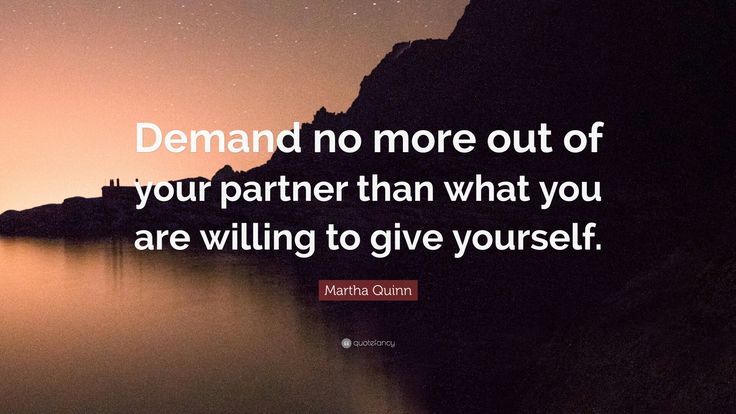
Treatment of causeless feelings of anxiety and restlessness
Regardless of the cause of pathological anxiety, professional help is the only complete method to eliminate the problem. If you have constant excitement and anxiety for no reason, you can quickly and effectively learn from a psychiatrist or psychotherapist how to get rid of this condition.
Due to the diversity of anxiety disorders, their therapy must be adapted to the individual clinical picture and diagnosis. Therefore, only a highly qualified specialist who has experience working with different types of anxiety conditions can tell you how to get rid of an anxiety state for no reason. For example, the therapy algorithm for a patient with obsessive-compulsive disorder (OCD) is different from the help for panic attacks.
For a state of anxiety and anxiety without a cause, treatment includes the following approaches:
- Psychotherapy. The most promising direction, which not only eliminates the symptom, but identifies the cause and fights it.
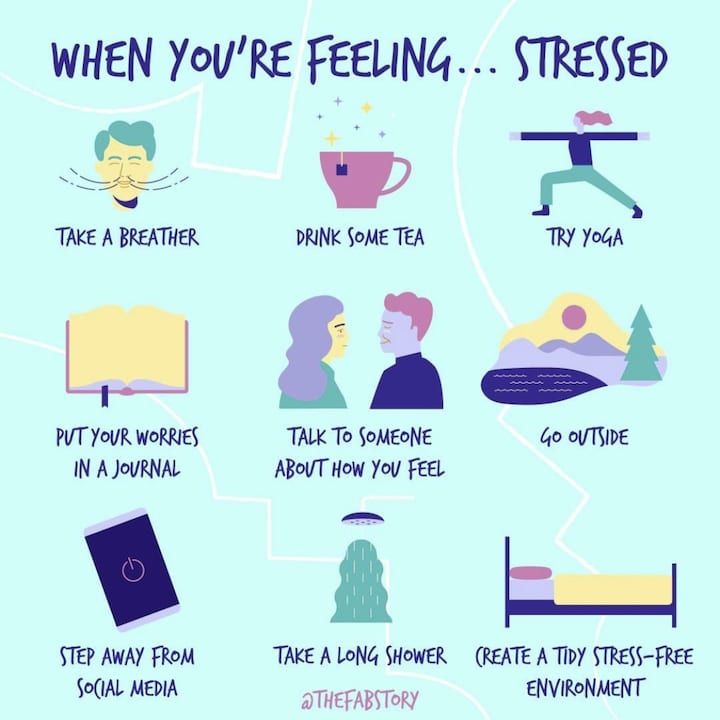 Therapy teaches when feeling anxiety for no reason, how to get rid of acute attacks of anxiety, relax, look at life situations differently. The doctor will help to uncover the main causes of your fears and work them out. The patient receives the tools to overcome anxiety and uses them successfully. Cognitive-behavioral therapy is usually used: in the course of treatment, the patient encounters an object of concern and gradually gains confidence that he can control the situation.
Therapy teaches when feeling anxiety for no reason, how to get rid of acute attacks of anxiety, relax, look at life situations differently. The doctor will help to uncover the main causes of your fears and work them out. The patient receives the tools to overcome anxiety and uses them successfully. Cognitive-behavioral therapy is usually used: in the course of treatment, the patient encounters an object of concern and gradually gains confidence that he can control the situation. -
Medical therapy. Depending on the type of anxiety and the presence of associated mental or physical health problems, antidepressants, sedatives, sleeping pills, and other drugs may be prescribed. When anxiety is felt without a cause, drug treatment will alleviate the symptoms and improve the quality of life of the patient during his psychotherapeutic work on the underlying cause. Uncontrolled medication leads to dangerous side effects and withdrawal syndrome, so they can only be used according to the individual course prescribed by the doctor.
